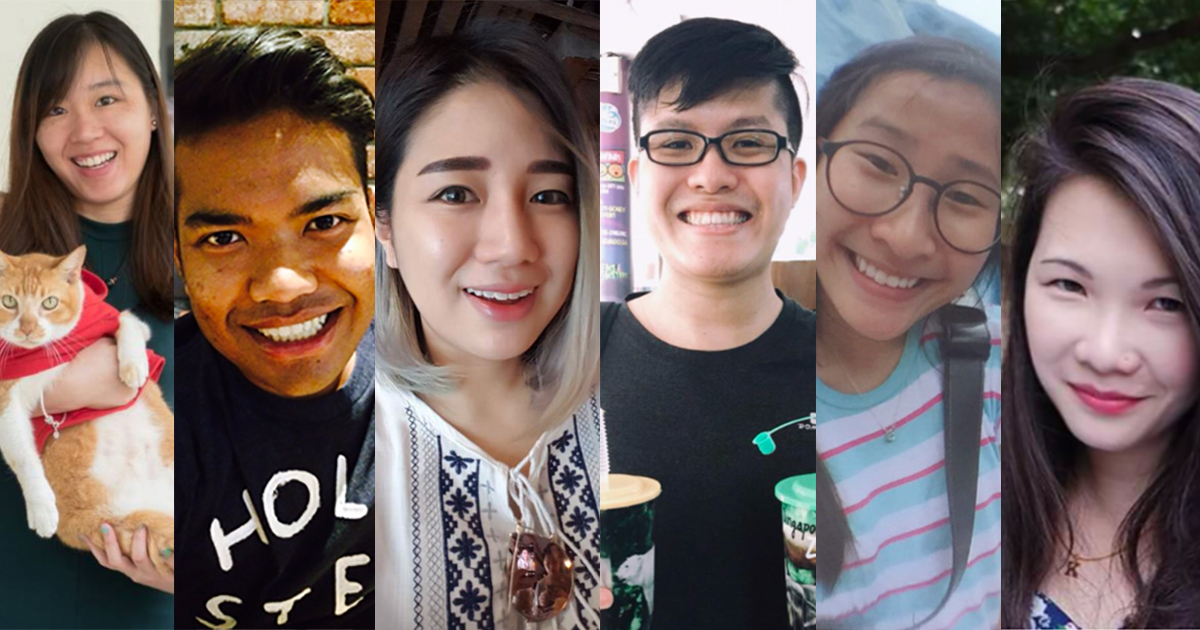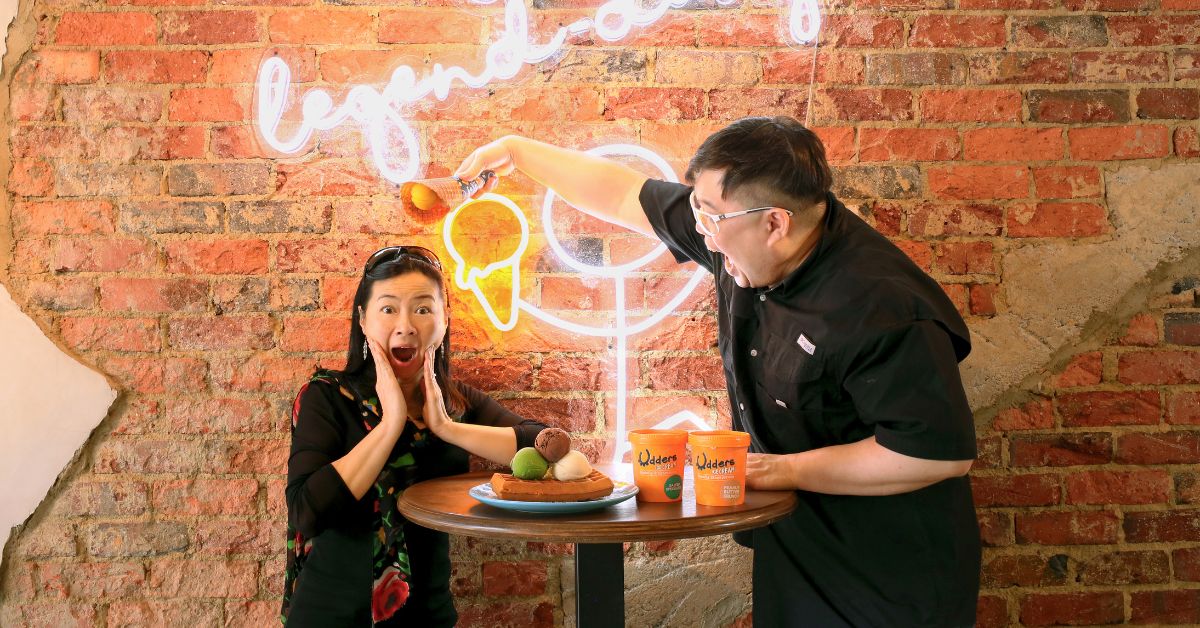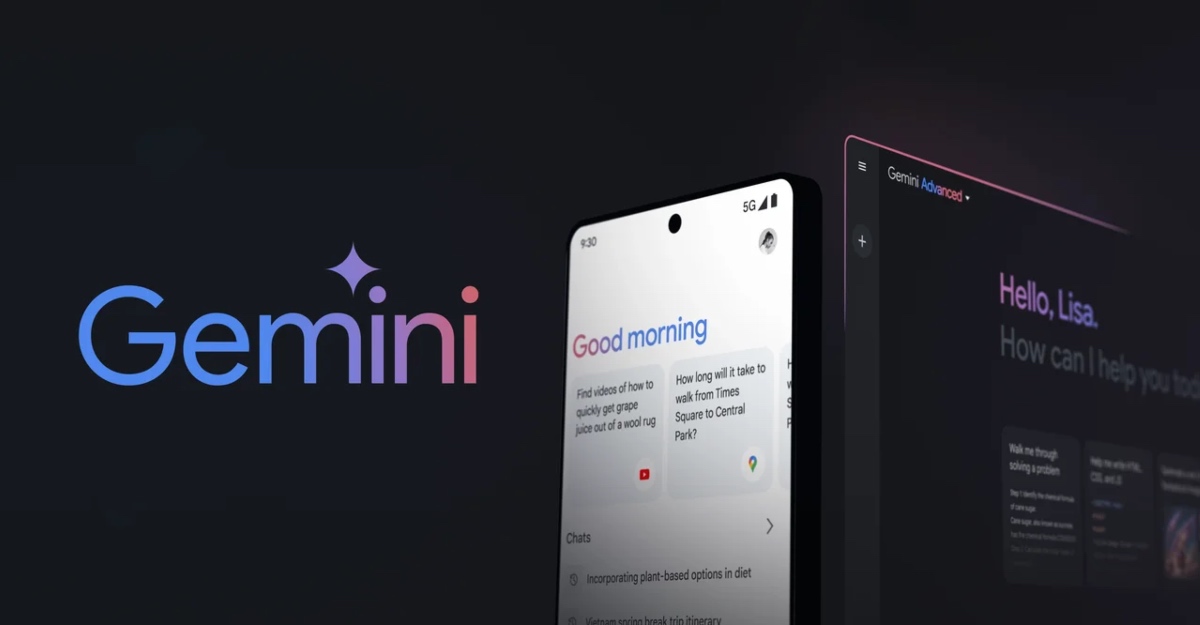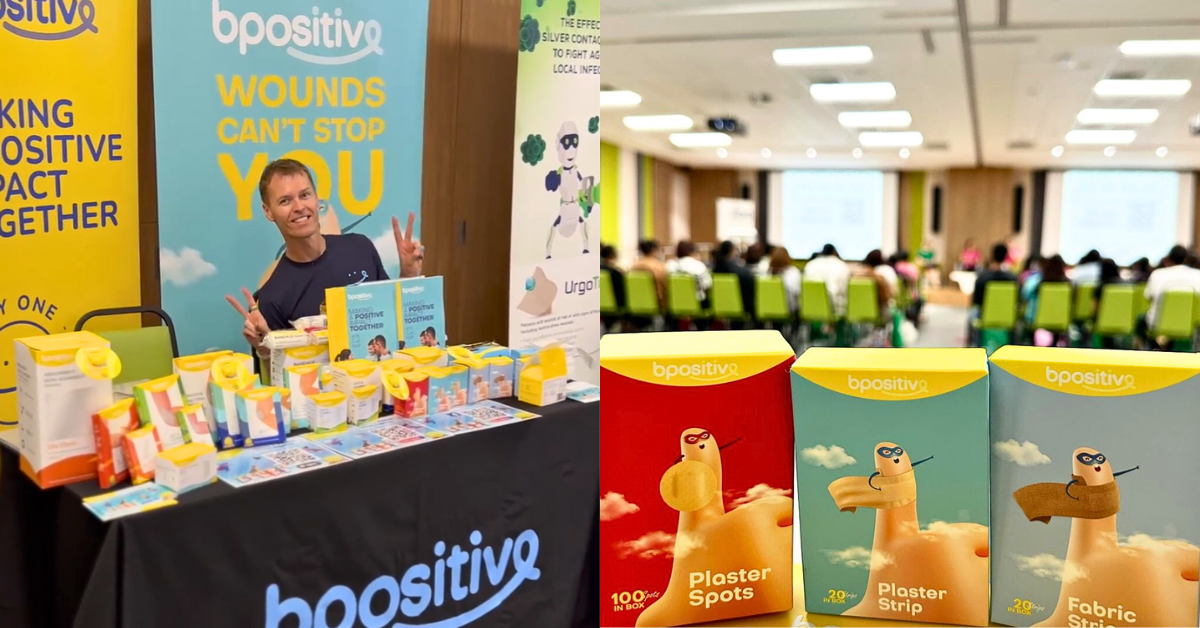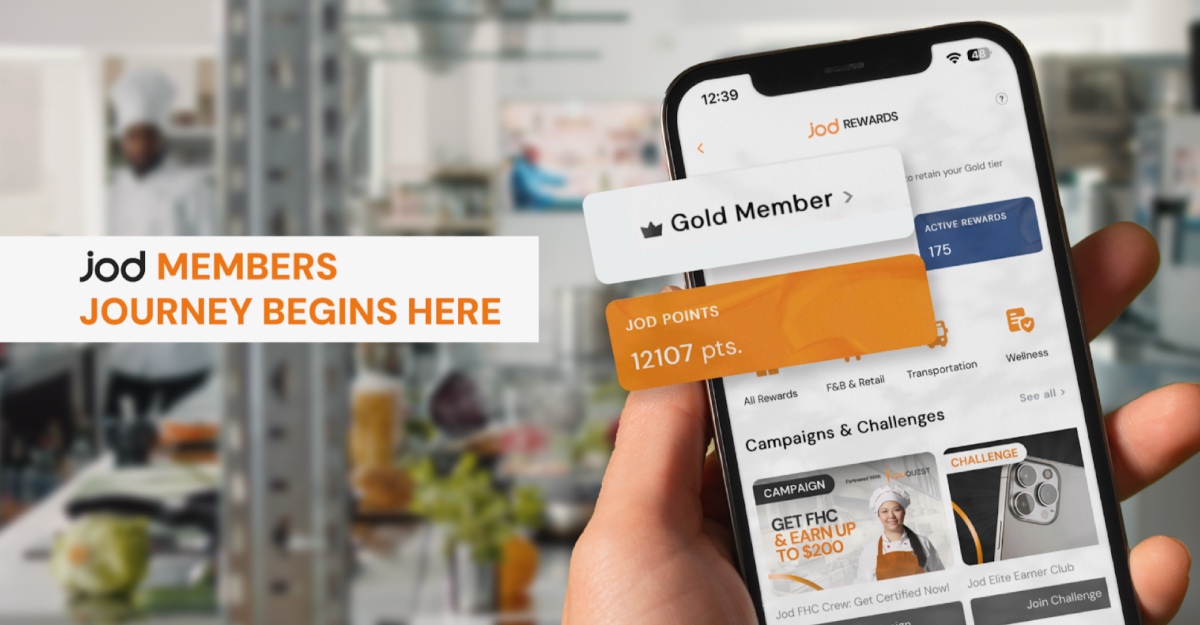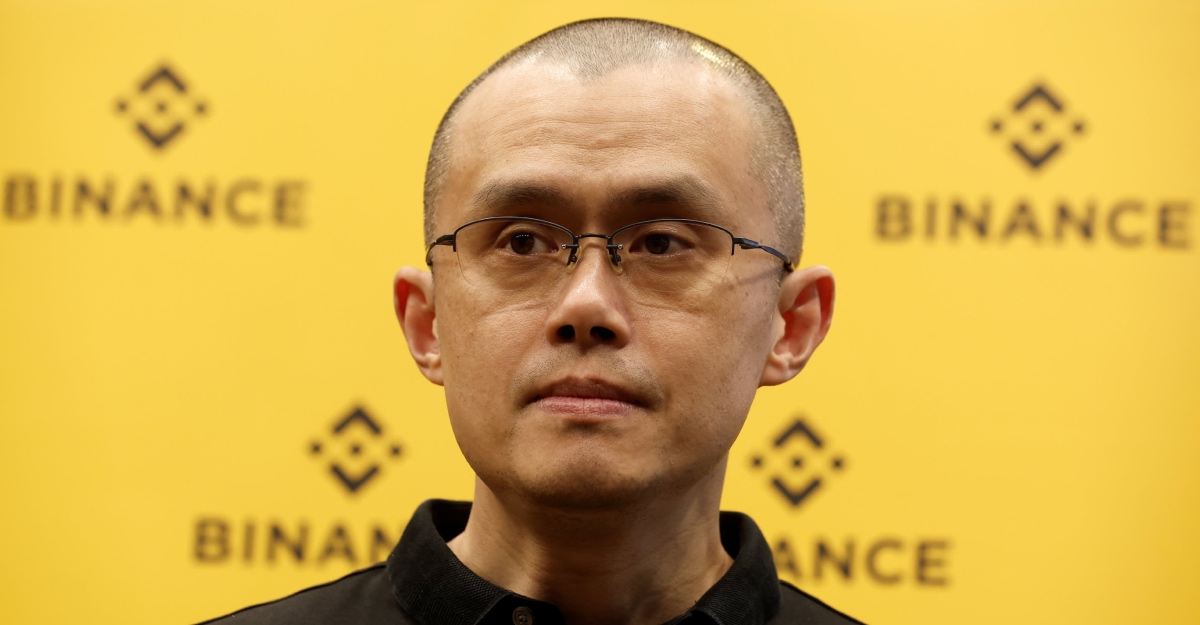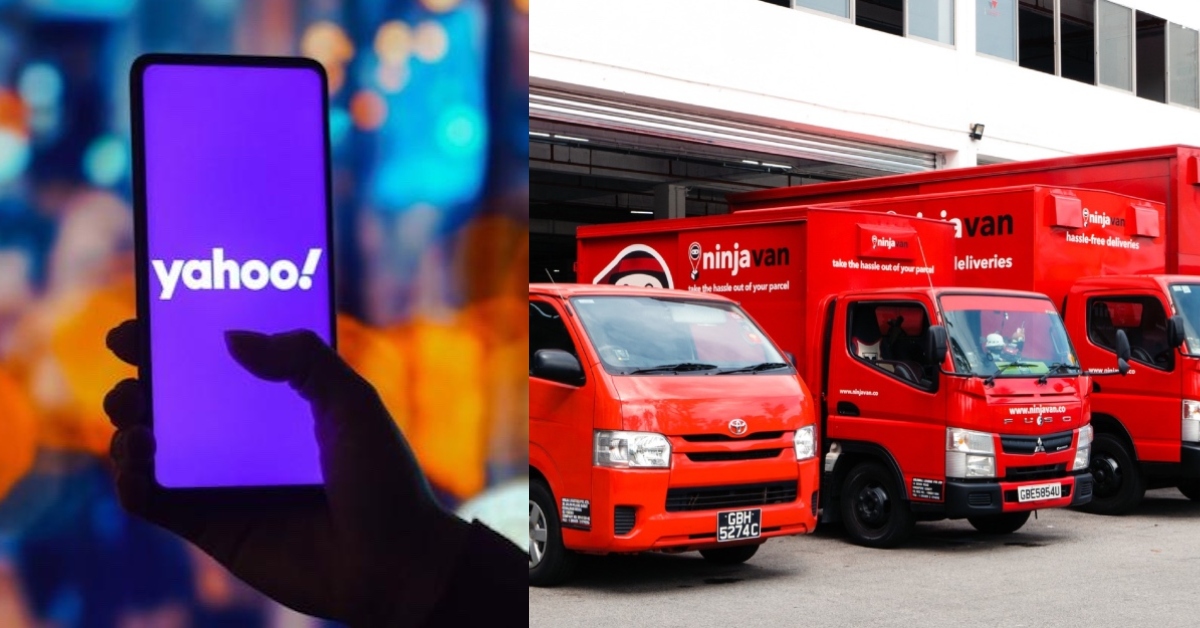Nothing prepares an individual for working life other than work itself.
16 years of formal education can teach you all the theories you might need to tap on, but a year of full-time work exposes you to things like execution of projects, communication with colleagues of different ranks and even email etiquette.
Work is very much like being thrown into the deep end of things. There’s no one to hold your hand through various processes, and trial-and-error is usually your best friend.
We spoke to six millennials who are currently in their second or third jobs, and found out more about what they learnt from their pre-work, post-graduate self to now.
Bei Ling, 26

What was your first full-time job? What’s the scope like?
Marketing Executive at a retailer and distributor of musical instruments.
I was mainly focused on producing videos for their YouTube account, writing short news releases for the brand’s website and post-event coverage of the events we organised.
How did you find out about it?
Friend’s referral
How long did you stay in the job? Why did you leave?
I was there for slightly over 8 months. I left because I wasn’t doing what I wanted to do. I had no passion and found no meaning in what I was doing. I wasn’t improving, moving forward, or going anywhere and it bothered me.
What’s your current job?
Content Writer at Grvty Media.
Why did you choose to take this one on?
I had a 9 month stint at another youth-centric online publication before university and I really enjoyed my time there. I always knew I liked writing and through that stint, I kind of knew that ‘role’ was what I want.
Even after venturing into marketing and events management after university, I found myself being drawn back to writing. I guess it’s just passion.
Do you think what you learnt in your first job helped you to prep for this job?
Yes and no, mostly no. I didn’t really learn a lot in my first job. To be fair, I didn’t have very much interest in the nature of the business, so I couldn’t perform as well as I should have.
If any, I think it’s the soft skills that I took away, like learning how to work in a corporate environment, and how to behave and communicate with colleagues and management. That’s about it.
What advice would you give to your pre-first job self?
Don’t settle for a job you know you won’t be keen on just so you can get an income. Money isn’t the most important thing. Even if it takes a little bit more time, be tenacious on what you want and don’t be afraid to ask questions.
Nasri, 27

What was your first full-time job? What’s the scope like?
I was doing a mixture of frontline service and sales in Sentosa. Backend, I did sales of history tours to school groups, development of the tour and training of the guides. Front line, I did the tours for selected schools, mostly depending on the number of participants.
How did you find out about it?
It was through a friend who was also my supervisor when I worked with them part-time during my poly days.
How long did you stay in the job? Why did you leave?
I was there for 2.5 years and by then, reached the plateau of my role. Sentosa is a great place for a long term job, but due to my department being rather small, there were limited opportunities to explore and learn new things. Eventually, I decided to just go elsewhere.
What’s your current job?
I’m an Assistant Manager in Sales and Marketing for MOSH! – Singapore’s first digital edutainment park.
Why did you choose to take this one on?
MOSH! is a small startup. I took it up as it gives me a lot of room to learn new things, and the location is great for me too.
Do you think what you learnt in your first job helped you to prep for this job?
Yes. I’ve seen my colleagues from other departments in Sentosa back then and how their jobs are carried out. I mix and match their style with my own experiences.
What advice would you give to your pre-first job self?
Research and persevere. Picking a job that you’ll love, first time, is not as easy as you’d want it to be. So do something that’d be comfortable for yourself and persevere through the hardships as it’ll only be a learning point more than anything else.
Andy, 28

What was your first full-time job? What’s the scope like?
I started my full-time job as an intern in a boutique PR firm (Right Hook Communications) back in 2013 when I was half-way through my two-year degree. It kickstarted my career and opened my eyes to the world of public relations.
My scope started out simple – media monitoring, administrative work, and writing opportunities occasionally.
My directors were great coaches, and they got me comfortable in writing press releases, pitches and creative ideas for proposals, and soon I was on my own for an account.
How did you find out about it?
I was thinking of getting some experience before I head into the workforce after I graduate. I looked through job portals and applied for an Executive position. Soon after, I was offered an Intern position and I accepted it.
How long did you stay in the job? Why did you leave?
I was converted from an Intern to a full-time position after 3 months, and I stayed for a total of 2 years in total. I needed more experience from other agencies as I would like to expand my scope of work and exposure to other practices to find my fit.
What’s your current job?
I am currently a PR Specialist at Ying Communications.
Why did you choose to take this one on?
I was interested in pursuing practice in Enterprise Tech, but I’ve never gotten a chance in the agencies that I was with.
After my in-house role in Epigram Books as a Marketing Executive, I figured it’ll be a great time for me to step into the world of B2B PR with Ying Communications.
Do you think what you learnt in your first job helped you to prep for this job?
Definitely. My first job gave me my foundation in PR. Although it’s vastly different from what I am doing now versus what I was doing then, the core of it is still pretty much the same.
What advice would you give to your pre-first job self?
I would say, go for it and pursue, because you’ll never know what doors might be open to you, and you’ll never know what fits until you sit into a job.
Never close your doors to learning and experiencing new things, and you might unlock potentials that you never thought you had when you were in school.
Joanne, 26

What was your first full-time job? What’s the scope like?
My first full time job was as an Accounts Assistant that was right after I finished my final paper with University of London.
My job scope mainly revolved around processing payments (i.e. Accounts Payable function). The scope later expanded to monthly closing for small entities when I was promoted to Accounts Executive.
How did you find out about it?
I applied for the position via the Jobstreet portal.
How long did you stay in the job? Why did you leave?
It lasted about 10 months. I had plans then to go overseas for personal upgrading (Korean language) after completing my full-time studies, thus my purpose was to work to save up for the money to fund my study and stay in Seoul.
What is your current job?
I’m currently working as an Accountant in a start-up. I had previously spent some nine months in Seoul to learn the language, and since I’ve been back, I have taken on three jobs. Including that first one before I left for Seoul, this would be my 4th full-time job. All in, I’ve been in the audit industry for almost two years.
Why did you choose to take this one on?
After leaving my first company, I went on a study stint in Korea for nine months. After coming back to Singapore, I ended up in a couple of small local audit firms for almost two years while trying to find opportunities to get into Big 4 accounting firms.
Well, not everyone is that lucky to land a job in the Big 4, so here I am, back in commercial accounting.
Do you think what you learnt in your first job helped you to prep for this job?
Yes, it definitely helped. It was only when I took on my first full-time job that I realised nothing we’re taught in school can fully prepare us for real work and the real world.
What’s taught in textbooks cannot really help me to do my work fully. I would say my experience in both commercial accounting and audit has helped me in what I am doing right now.
What advice would you give to your pre-first job self?
Besides technical skills, I would tell myself to pick up and learn as much soft skills as possible, like working better with people, resolving conflicts at work, and EQ. To me, these are things we cannot learn in school.
Sarah, 26

What was your first full-time job? What’s the scope like?
Feature writer for SAFRA National Service Association. I wrote lifestyle stories and covered other short pieces for our partners.
How did you find out about it?
I was performing a part-time role with their marketing department while I completed my diploma. Close to graduation, I spoke with their PR/Comms department and landed a full-time role.
How long did you stay in the job? Why did you leave?
The contract was for six months, which I did not renew afterward. As a fresh grad, I was raring to try different aspects of communications. So far, I have experienced writing, production, advertising and government communications.
What’s your current job?
I am a media and communications manager for a research alliance, working with stakeholders ranging from large privately owned companies to foreign diplomats.
Why did you choose to take this one on?
My previous role was also in science communications. It’s a fast-moving industry that requires you to keep up with new developments, which I find personally interesting.
Do you think what you learnt in your first job helped you to prep for this job?
Soft skills that I picked up in my first job are still timelessly useful, such as how to craft emails, professional ethics, networking. I even learned a lot in terms of mutual respect towards colleagues and superiors, which I still practice to this day.
The most important thing I learned for working life is that it is okay to say no.
So many of us find it difficult to say no to our superiors or colleagues, or due to a fear of not being able to prove ourselves. Say no thoughtfully, and not recklessly.
It is okay to not take up a role that doesn’t give you skills or make you more valuable to your company. It’s also better than saying yes to everything and biting off more than you can chew.
What advice would you give to your pre-first job self?
Look for a career and not just a job. Many of us millennials find the job market tough and thus take any role that comes along. We are young and impatient to start earning a pay check, but do not consider that this is dead-end, or doesn’t lead anywhere, or does not give you opportunities for self-improvement.
Value and care for the people you work with. Get to know everybody, because you never know who could lead to your next big opportunity.
Only you can control co-workers and bosses’ perceptions of you. As a young person in the workforce, it feels like everyone discounts your opinion due to your age. To counter this, step up, be accountable for everything under your care, and always be in control of the situation.
Never say “I don’t know” to anything anyone asks you. Never use “I think” to preface a sentence. You can replace the former with “Let me check that for you”, and the latter with “My understanding is”. These help to project a confident and responsible attitude, which can go a long way.
Lastly, always learn to separate your professional and personal life. In some industries, this may not be possible. However, it is important to compartmentalise, find a healthy balance, and not always be checking your email or working over time, all the time.
Yun Yi, 23

What was your first full-time job? What’s the scope like?
I was working in Care Corner Senior Activity Centre. I was a Programme Assistant, and had to conduct home visits, activities for the elderly. Create new activities for the elderly.
How did you find out about it?
I found this job when I was in ITE, they were having a career fair so I got to know about this job.
How long did you stay in the job? Why did you leave?
It was about a year. I wanted to learn more about people with special needs and get to work with them.
What is your current job?
Teacher assistant in a special needs school.
Why did you choose to take this one on?
I want to venture further into the world of teaching, and be with the students to teach them, guide them, and get to know about them.
Do you think what you learnt in your first job helped you to prep for this job?
Patience. And how to create new ideas that suit the children.
What advice would you give to your pre-first job self?
Doing what you like is freedom, liking what you do is happiness.
But What About First Jobbers, Or Those Who Are Still Lost?
From the responses, it’s clear that these second and third jobbers have rather sagely advice to give to their younger selves.
But what about first jobbers, or those who still can’t seem to find their bearings in their careers?
For this, People’s Association and NTUC have just combined resources to launch an initiative to help set millennials on their paths to career fulfilment.
Named Todo Todo, it aims to provide all-encompassing support for young job seekers, so they can find out: 1. what they want to do; 2. what they have to do; and 3. learn from what others have had to do.
Launched last week (30 Apr-1 May) at the Skills Marketplace at Our Tampines Hub, visitors got acquainted with how Todo Todo and its specially curated events involving some of the best minds in various industries.





But the launch event was a mere sneak peek into what Todo Todo can do for millennials looking to navigate the murky waters of a career search.
The website is currently chockfull of upcoming events and classes that interested parties can take part in, ranging from how to start your own business, to learning the Korean language, to even modern barbering!
For those on the lookout for jobs, the website also acts like your typical job site, and lists open positions that various companies (like Garena, Singapore Press Holdings, and more) are hiring for currently.
Finally, misconceptions about various jobs are aplenty, so there’s nothing like getting advice from those who have already ‘been there, done that’. Todo Todo is thus helping to link millennials up to a network of industry professionals, who will shed light on how working in a certain industry is actually like.
Todo Todo is looking to be a one-stop platform that answers the usually tricky questions that millennials have about their career journey, ones with answers that no amount of formal education can ever provide.
Visit Todo Todo at its website, and for easy access to all the support you need on-the-go, download its app for iOS and Android today!
This article was written in collaboration with NTUC.
